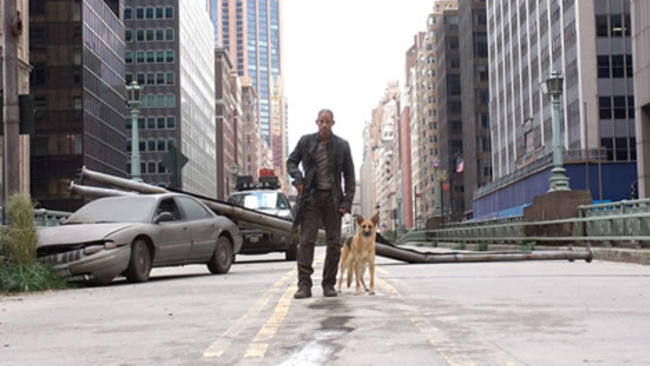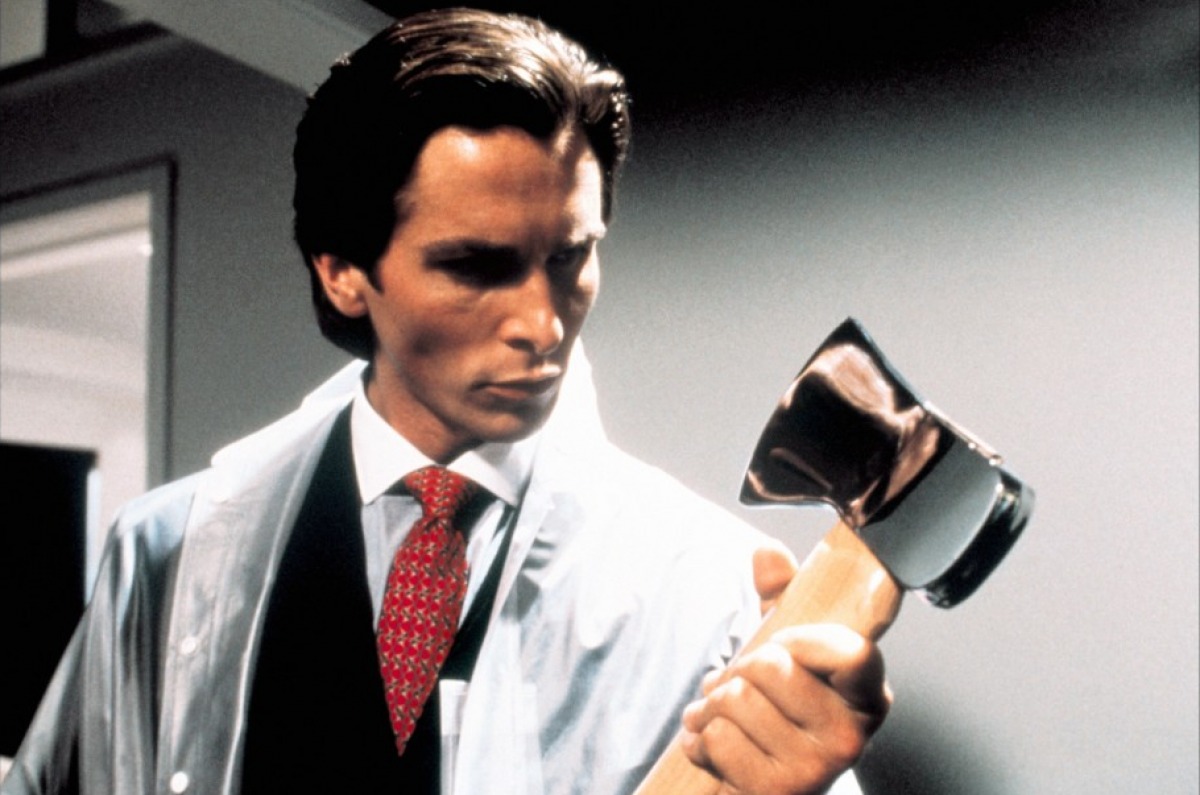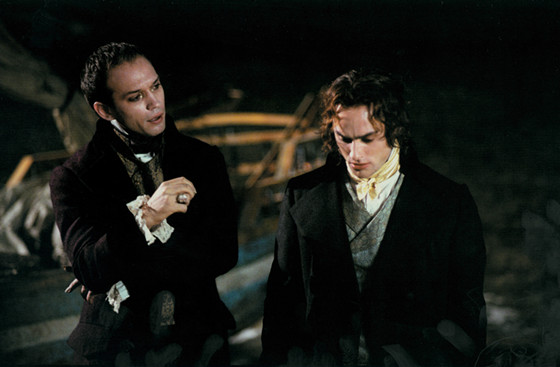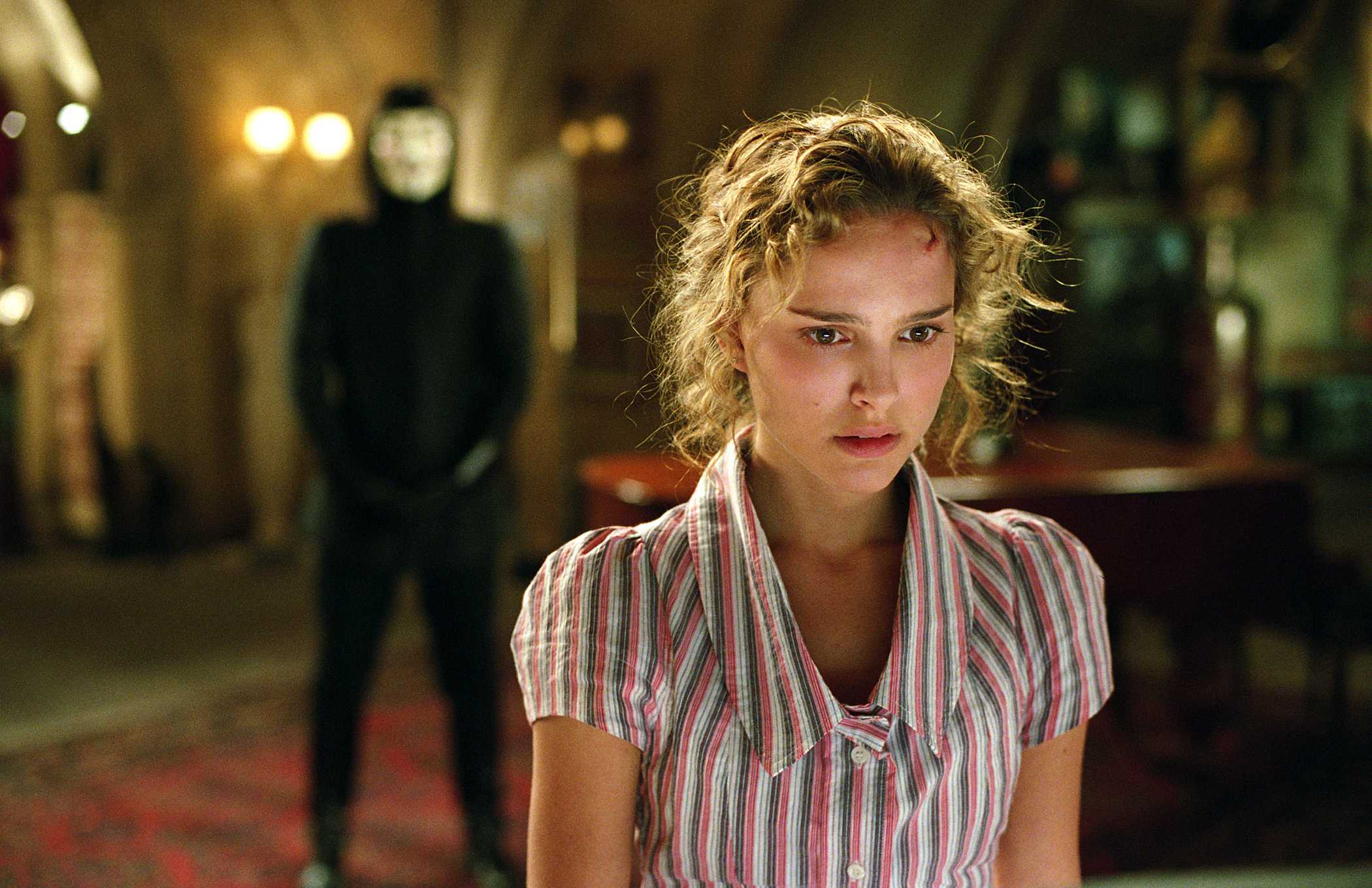6. I Am Legend – Richard Matheson

The 1954 novel of the same name by author Richard Matheson has been adapted in to the plot of several films, namely The Last Man on Earth (1964), The Omega Man (1971) and I Am Omega (2007).
The most recent one was the 2007 film starring Will Smith, which kept the title of the novel. The film was an enormous success, and received positive reviews. It was also one of the biggest grossing films of 2007. Yet despite the popularity of these adaptations of his novel, Matheson has never been a fan of any of them.
Matheson said of The Last Man on Earth, “I was disappointed in The Last Man on Earth, even though they more or less followed my story. I think Vincent Price, whom I love in every one of his pictures that I wrote, was miscast. I also felt that the direction was kind of poor.” The next version, The Omega Man didn’t fare much better with Matheson. He said of that, “The Omega Man was so removed from my book that it didn’t even bother me.”
By the time the Will Smith version was announced, Matheson could only say “I don’t know why Hollywood is fascinated by my book when they never care to film it as I wrote it.” The 2007 version starring Will Smith also completely changed the ending from Matheson’s novel because it didn’t test well with audiences.
7. American Psycho – Bret Easton Ellis

Bret Easton Ellis has never been much of a fan of the film adaptations of his books. The only film adaptation of his work that he has ever praised is 2002’s Rules of Attraction. So, it was no surprise to most when he berated the 2000 film adaption of American Psycho which stars Christian Bale as Patrick Bateman. American Psycho was a financial and critical success but Ellis was not happy with it.
The source of his criticism comes primarily from his opinion that the book is unadaptable for the medium of film. Ellis said, “American Psycho was a book I didn’t think needed to be turned into a movie. I think the problem with American Psycho was that it was conceived as a novel, as a literary work with a very unreliable narrator at the centre of it and the medium of film demands answers. You can be as ambiguous as you want with a movie, but it doesn’t matter – we’re still looking at it. It’s still being answered for us visually. I don’t think American Psycho is particularly more interesting if you knew that he did it or think that it all happens in his head. I think the answer to that question makes the book infinitely less interesting.”
Ellis was also not happy that the film was directed by a woman – Mary Harron. He said on the matter, “there is something about the medium of film itself that I think requires the male gaze. We’re watching, and we’re aroused by looking, whereas I don’t think women respond that way to films, just because of how they’re built… Regardless of the business aspect of things, is there a reason that there isn’t a female Hitchcock or a female Scorsese or a female Spielberg?”
8. Queen of the Damned – Anne Rice

Anne Rice has always been slightly sceptical of her work being adapted for film. Her 1976 novel Interview with the Vampire was adapted into the 1994 film starring Tom Cruise and Brad Pitt, and she was initially very wary of the casting of Tom Cruise. She came around after seeing the finished film. However, the same cannot be said for 2002’s Queen of the Damned which is adapted from 1988 novel of the same name.
Queen of the Damned starring Stuart Townsend and the late Aaliyah received negative reviews upon its release, although it still managed to top the box office in its opening weeks. Amongst the negative reactions to the film was Anne Rice. Rice had gone back and forth on her feelings towards the film adaption. In 2001 when asked about the progress of the film, she had answered positively especially in regard to the casting of Stuart Townsend as vampire Lestat. She said, “I cannot wait to see him in the film.” Rice even allowed her name to be used for promotional purposes and material.
However, Rice later became completely disillusioned about the film. She has said that the film “mutilated” her book. When further asked she said, “Let’s forget the film. That’s the best thing to do there: simply forget it. I haven’t seen it since it came out. I don’t count it as being based on my work. And I try to blot it out of my mind.” Rice has now stated that she feels that her work would be better suited to a television format.
9. A Clockwork Orange – Anthony Burgess

The film adaptation of A Clockwork Orange was a critical and financial success, and many hail it as Stanley Kubrick’s best work. It was adapted from Anthony Burgess’ 1962 novella of the same name which has been named as one of the best English language novels of the twentieth century. The content of the film and novella have always been the subject of controversy, but a surprising critical voice was added to concerns about the content – the author himself, Anthony Burgess.
Burgess disliked the film adaptation of his novella, but his biggest regret was the fact that he had written it in the first place. Burgess was horrified that Alex DeLarge and his gang of droogs who murder and rape, were turned into pop icons. He said, “The book I am best known for, or only known for, is a novel I am prepared to repudiate: written a quarter of a century ago, a jeu d’esprit knocked off for money in three weeks, it became known as the raw material for a film which seemed to glorify sex and violence. The film made it easy for readers of the book to misunderstand what it was about, and the misunderstanding will pursue me till I die. I should not have written the book because of this danger of misinterpretation.”
Burgess also fell out with Kubrick, after initially enjoying a good relationship, after Kubrick left Burgess to defend the novella’s violent elements and accusations of the glorification of violence.
10. V for Vendetta – Alan Moore

Alan Moore has continually been a stringent opponent to his works being adapted for film. He has always said, “I wanted to give comics a special place when I was writing things like Watchmen. I wanted to show off just what the possibilities of the comic book medium were, and films are completely different.” As a result, it is not surprising to learn that Alan Moore has not liked any of the film adaptations of his works. He also has claimed not to have seen any of them.
Moore has been particularly critical of V for Vendetta, the 2006 film starring Natalie Portman and Hugo Weaving. Moore first spoke out negatively after the film’s producer Joel Silver said at a press conference that Moore had spoken to fellow producer Lana Wachowski about the film and that Moore was “very excited about Lana had to say.” Moore completely disputed this had ever happened saying that he didn’t want anything to do with the film. He asked for a public apology to be issued, but although Silver called Moore personally, no public retraction was made.
Moore was also unhappy with details of the script which he criticised before the film was released. Moore had always felt strongly about the comic book’s message of anarchy. He said of the script, “Those words, ‘fascism’ and ‘anarchy,’ occur nowhere in the film. It’s been turned into a Bush-era parable by people too timid to set a political satire in their own country.” He also felt that the writing was lazy, he derided the writer’s inability to find out what the British ate for breakfast, “they couldn’t be bothered to find out.”
Moore has subsequently asked for his name to be disassociated with the film.